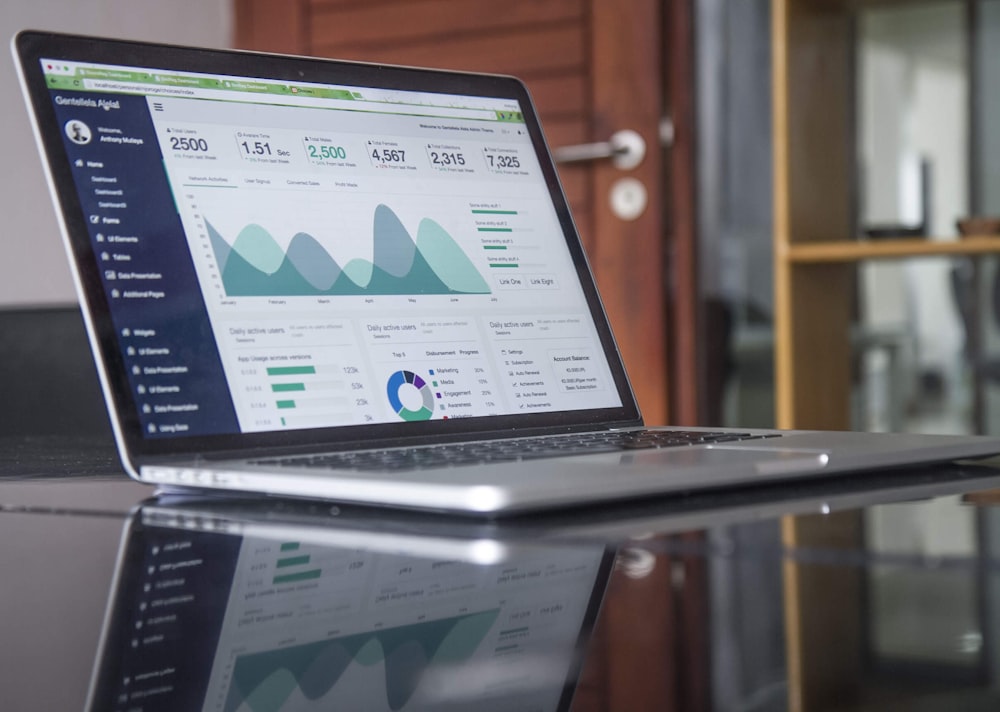
One “easy” way to get into research is to ask a research question about data that have already been collected. You have plenty of it every semester on DC Connect and in the many tasks, assignments, and activities you ask your students to complete as part of the learning opportunity you create for them. And DC has some data available to you as well (you may need to request what you need using the form on this page if the infographic summary data aren’t enough for your purposes).
If you have a research question that can’t be answered using the data you have previously collected (or you don’t want to use your student data/DC Connect for whatever reason) there are many other sources to choose from, including data repositories by other researchers, Statistics Canada, and open government sources (most of which let you download data in a convenient Excel spreadsheet). Below are a few sources for open data which might interest you:
- Database of Canadian open research data https://www.frdr-dfdr.ca/repo/
- Global census and survey data (must create an account first): https://www.ipums.org/
- Government of Canada Open Data https://open.canada.ca/en/open-data
- Government of Ontario https://data.ontario.ca/?sort=asc
- Region of Durham open data https://opendata.durham.ca/
- The World Bank data catalogue (access to specific datasets depend on Creative Commons licensing) https://datacatalog.worldbank.org/home
- Database of multiple sources (in most cases, you will need to apply to original source/institution for access) https://www.re3data.org/
And if those don’t suit your needs, the DC library can also help you find additional open sources of data based on your specific research question(s). Using secondary data (especially your own data) can be a little easier for your first research project. Have an idea for a research project using secondary data? Let me help you!
If there is anything I can do to support your research or if you have suggestions for me in my role as Research Coordinator, please reach out to me.